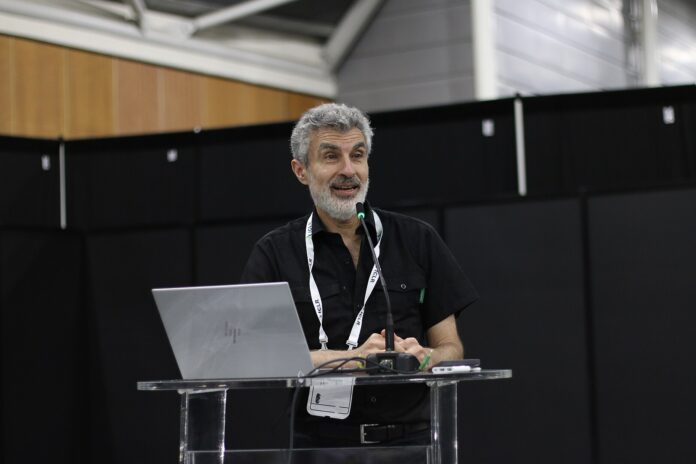
Yoshua Bengio, a professor at the University of Montreal, has achieved a major milestone in the academic world by becoming the first researcher to earn over 1 million citations on Google Scholar. The platform, widely used to track academic influence, lists Bengio as the most cited scholar globally — a status that highlights his significant role in the development of artificial intelligence. Often called one of the “godfathers of AI,” Bengio played a key role in shaping the modern AI field.
He, along with Geoffrey Hinton and Yann LeCun, received the A.M. Turing Award in 2019, considered one of the highest honors in computer science. Their research laid the foundation for many tools and technologies that power today’s AI applications.
Milestone highlights AI’s rapid rise in scientific influence
Among Bengio’s most influential works is a 2014 paper titled Generative Adversarial Nets, co-authored with Ian Goodfellow. This paper alone has received over 105,000 citations. Another major contribution includes a widely read review published in Nature, written in collaboration with Hinton and LeCun, that summarized breakthroughs in deep learning.
Bengio’s research has also introduced several ideas that have shaped how machines understand human language. One such concept, known as attention mechanisms, allows AI tools to focus on key parts of language input. This technique helped enable the development of powerful chatbots, such as ChatGPT, which launched in 2022 and quickly gained global attention.
The growing number of citations for AI research reflects its increasing importance. Computer scientist Kaiming He of the Massachusetts Institute of Technology noted that machine learning papers now dominate academic rankings. In fact, eight of the 10 most cited scientific studies published since the year 2000 come from this area. He himself is a co-author of the most cited scientific paper of the 21st century.
Experts caution against overemphasis on citation numbers
While Bengio’s academic record is widely respected, some scholars are urging caution when interpreting citation counts. Alberto Martin Martin, an information expert at the University of Granada, explained that raw citation numbers can be misleading. Some researchers try to manipulate them, and they do not always reflect the quality or impact of a scientist’s work.
Citation data also varies by platform. Google Scholar tends to report higher figures than other databases such as Scopus, Web of Science, or OpenAlex because it includes sources such as preprints, books, and online documents beyond peer-reviewed journals.
Bengio himself commented on the matter, saying that while he uses Google Scholar regularly, he does not focus on his own citation metrics. He believes researchers should prioritize meaningful work and long-term contributions over numbers. “Science should be about discovery and truth, not chasing statistics,” he said.
His reflections echo a broader discussion in academia about the role of metrics and the true value of scientific work — a conversation that continues as AI research takes a more central place in modern society.
See all the latest news from Colombia and the world at ColombiaOne.com. Contact our newsroom to report an update or send your story, photos and videos. Follow Colombia One on Google News, Facebook, Instagram, TikTok and subscribe here to our newsletter.


